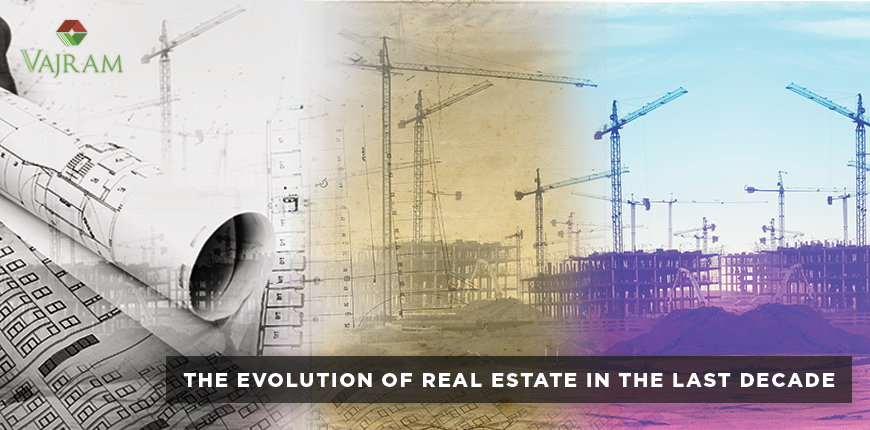Real estate sector encompasses four sub-sectors that are retail, housing, hospitality, and commercial. The expansion of this industry can be complemented by the need for office spaces alongside the growth of the corporate environment. Ranking third on the list is the construction of the 14 prime sectors in terms of direct, indirect and induced effects in all sectors of the economy.
The expectation is that this sector is likely to incur largely from investments made by non-resident Indian (NRI) in both the short term and the long term. Amongst all major cities, Bengaluru is expected to be the most favorable destination for such property investment, especially for NRIs. States like Ahmedabad, Chennai, Delhi, Pune, Goa, and Dehradun follow suit.
There are some factors or determinants that run the real estate industry and they are as follows:
Market Size
The real estate sector in India is estimated to reach a market size of US$ 1 trillion by 2030 and contributing 13 percent of the country’s GDP by 2025. Various sectors such as hospitality, retail and commercial are also expanding rampantly offering the quintessential infrastructure for India’s overall economic growth.
IT and ITeS, consulting, retail and e-commerce have been noticeably registering a high demand for office spaces lately and commercial office stock is expected to cross 600 million square feet by 2018 end while office spaces that are leasing in the prominent eight cities are likely to cross 100 million square feet during 2018-20.
Investments & Developments
Our real estate industry has experienced a high growth recently with the growing demand for spaces and infrastructure for both offices and residential spaces. Investments in private equity are tentatively to grow to US$ 100 billion by 2026 with tier 1 and 2 cities. Based on the data released by the Department of Industrial Policy and Promotion (DIPP), the construction development sector in India has acquired Foreign Direct Investment (FDI) equity inflows of about US$ 24.87 billion in 2018.
Government Initiatives
The Indian Government along with the governments of the various Indian states have taken various initiatives to promote and enhance the development in this sector. One of the best examples is The Smart City Project, where they strive to build 100 smart cities which in lieu would provide real estate companies a golden opportunity to leave a mark. Mentioned below are some major Government Initiatives:
Via the Pradhan Mantri Awas Yojana (PMAY) Urban, around 6,028,608 houses have been sanctioned up to September 2018.
In February 2018, the creation of National Urban Housing Fund has approved with an outlay of Rs 60,000 crore.
The Plan Ahead
The Securities and Exchange Board of India (SEBI) have given their approval for the Real Estate Investment Trust (REIT) platform which aims at enabling all kinds of investors to invest in the Indian real estate market. It would not just create an opportunity in the Indian market over the years.
Apart from the extensive help and recognition extended from global investors and nations to enhance and improve our real estate, the growing flow of FDI into Indian real estate is also encouraging increased transparency and developers have revamped their accounting and management systems to meet due organizational standards contributing to an expansion of the sector on the whole.

